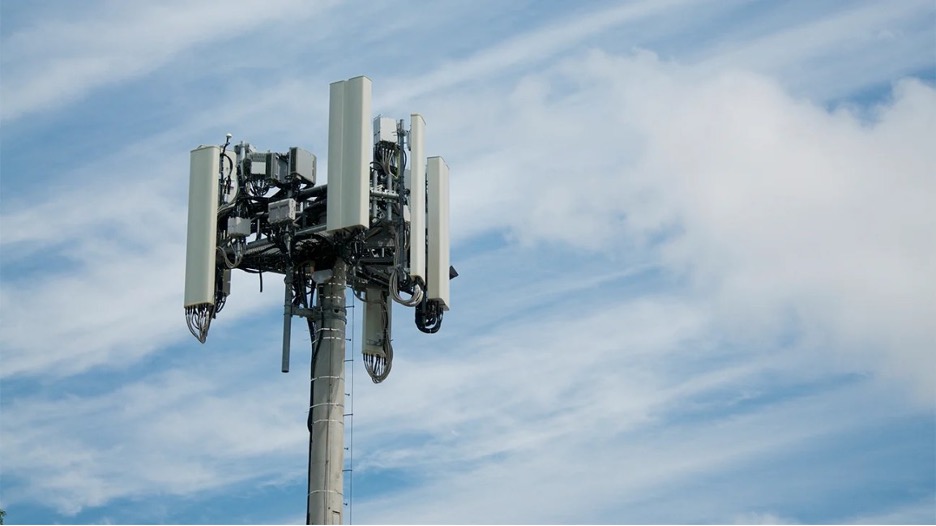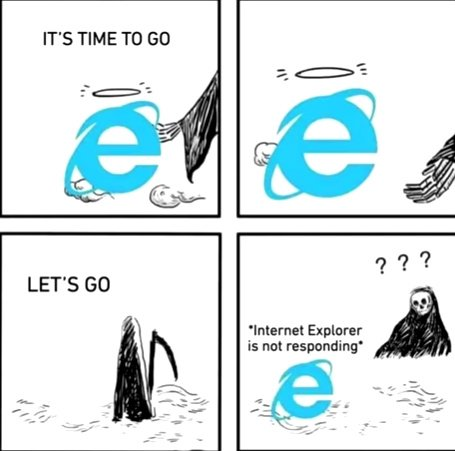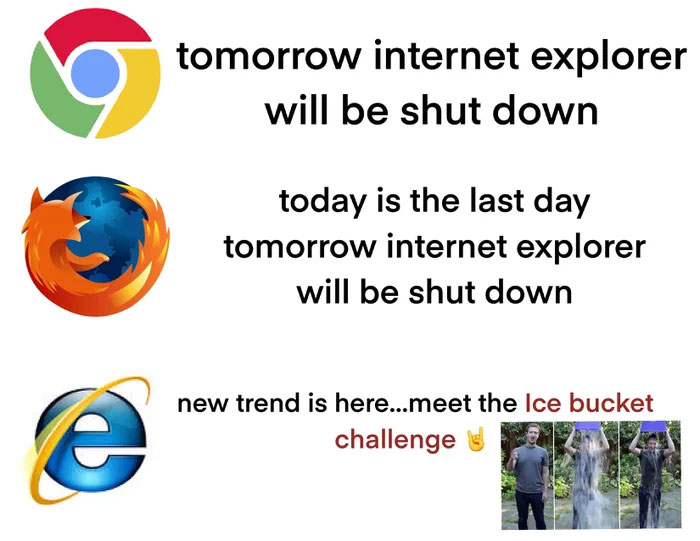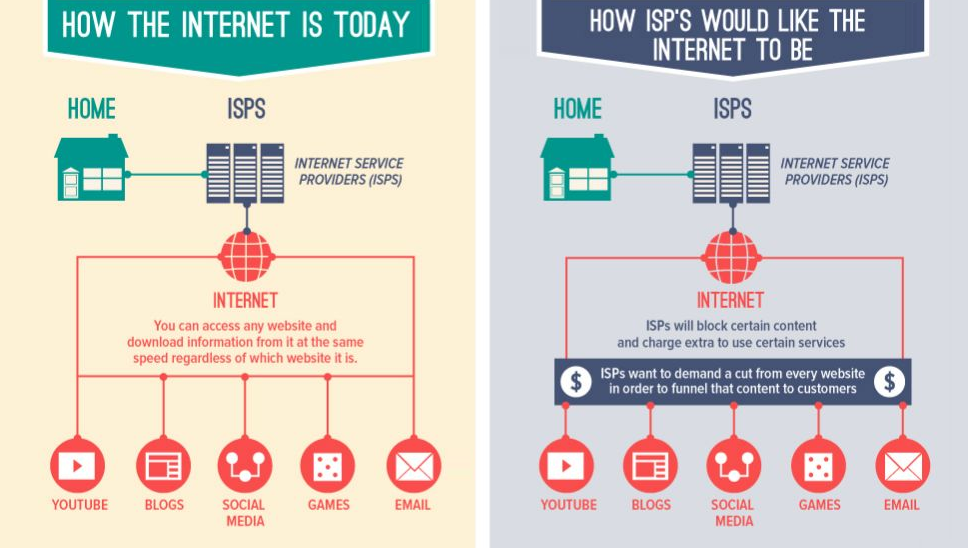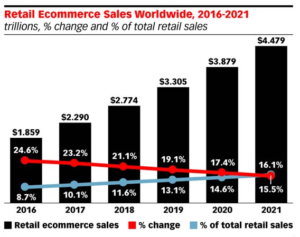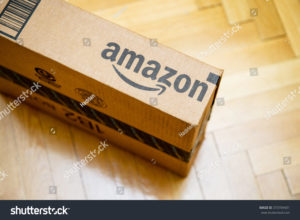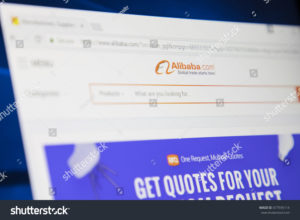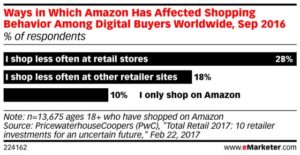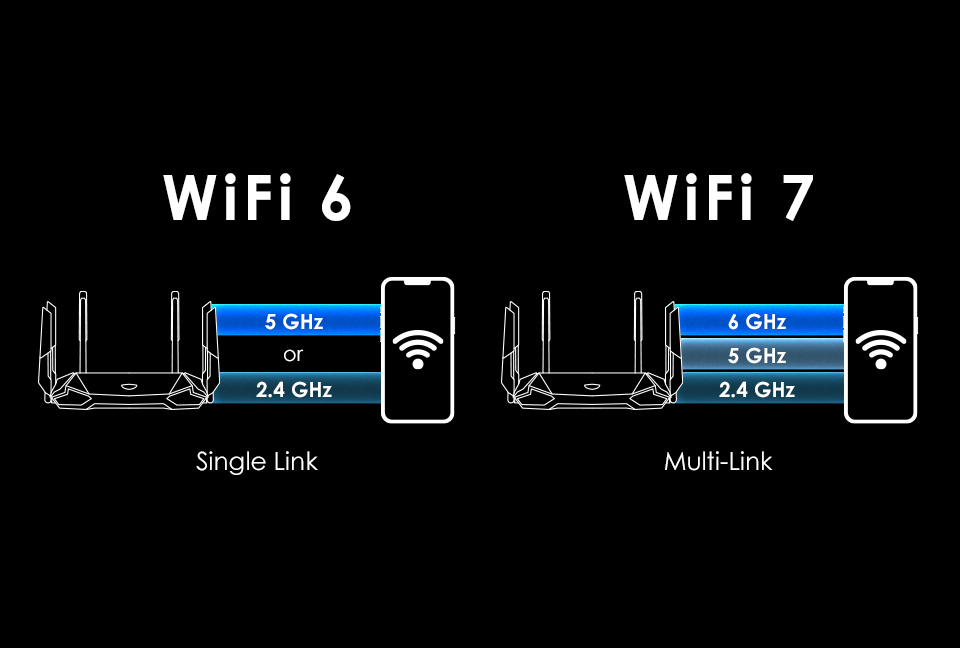
As the digital world continues to evolve, the introduction of WiFi 7 stands out as a significant leap in wireless technology. To understand the management implications of this new standard, we must first dissect its technicalities, specifications, and differentiate it from its predecessors like WiFi 5, 6 or 6E.
The Need for Speed: Unveiling WiFi 7’s Technical Marvels
WiFi 7 promises unparalleled speed, with data rates exceeding anything seen before. The introduction of Multi-User, Multiple Input, Multiple Output (MU-MIMO) technology takes the speed game to new heights. Unlike its predecessors, WiFi 7 is designed to handle multiple devices simultaneously, significantly improving network efficiency.
From a technical standpoint, the support for wider channels and improved modulation schemes enhances data transfer rates. However, the critical question for management is not just how fast data can be transmitted but how this speed translates into tangible benefits for organizational processes and workflows.
Latency and Efficiency: A Quantum Leap Forward
Reduced latency is another key feature of WiFi 7, making it ideal for applications that demand real-time responsiveness. This technical improvement holds immense potential for industries such as manufacturing, healthcare, and augmented reality, where split-second decisions are crucial.
Management must recognize the transformative impact of reduced latency on operational efficiency. Yet, the challenge lies in strategically integrating this capability into existing systems and workflows. Adapting organizational structures to fully exploit low-latency applications requires a thoughtful approach, blending technical know-how with managerial acumen.
Backward Compatibility: Bridging the Generational Gap
One noteworthy aspect of WiFi 7 is its commitment to backward compatibility. While this ensures a smooth transition for devices already operating on WiFi 5 or 6, it introduces management challenges related to infrastructure upgrades. Decisions regarding the timing and cost of transitioning to WiFi 7 must be made judiciously, considering the organization’s current technology stack and its compatibility with the new standard.
Synthesizing Technical Advancements with Management Realities
WiFi 7, with its technical marvels, brings both promises and challenges for management. The increased speed, reduced latency, and backward compatibility offer advantages, but successful implementation requires a strategic and informed approach.
Management must not only grasp the technical nuances but also weigh the associated costs, benefits, and organizational readiness. The seamless integration of WiFi 7 into existing structures demands a nuanced understanding of both the technological landscape and the intricacies of managerial decision-making.
Conclusion: Managing the Technological Transition
As organizations contemplate the transition to WiFi 7, the role of management becomes pivotal. The technical prowess of this new standard necessitates a strategic vision that goes beyond the allure of speed. Successful management in the age of WiFi 7 involves a delicate balance of leveraging technical advancements for organizational benefit while addressing the challenges posed by the transition. Only through a comprehensive understanding of both the technical and managerial aspects can organizations truly ride the waves of WiFi 7 innovation.
https://chat.openai.com/ (GPT 3.5)
https://www.intel.com/content/www/us/en/products/docs/wireless/wi-fi-7.html
https://www.wi-fi.org/discover-wi-fi/wi-fi-certified-7

